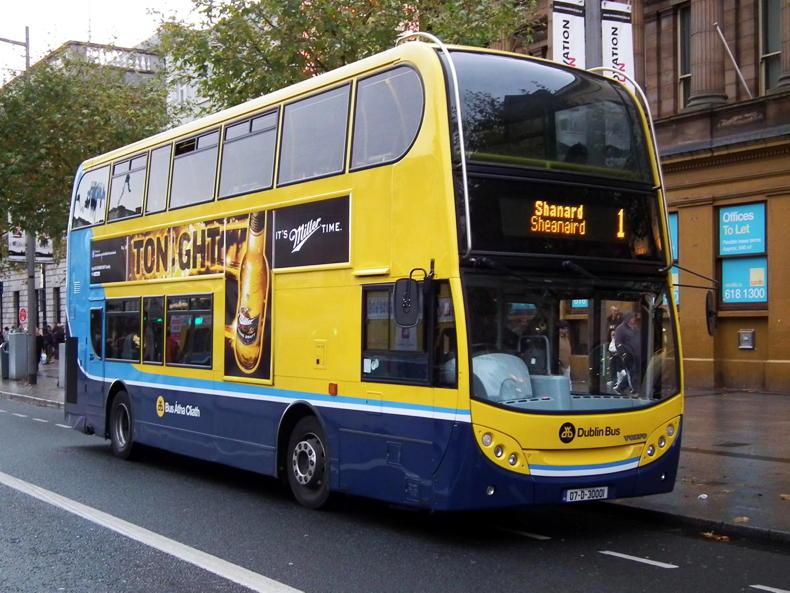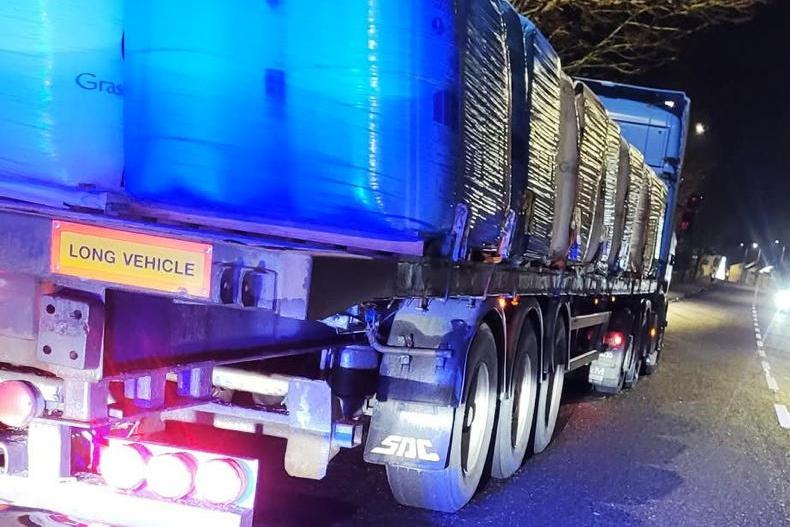There is a temptation for governments everywhere to rely on wishful thinking about climate policy. Announced targets are unlikely to be achieved, but the undershooting of targets takes time to emerge and becomes a problem for some future government.
Reiterating targets, even implausible ones, can be offered as a substitute for actual policy measures. There is an unwillingness to admit that high costs are implied by many of the targets, even though public support will weaken as the costs become evident.
While the targeting is motivated in Ireland by the requirement to comply with EU-mandated national emissions ceilings, no systematic effort has been made to identify least-cost strategies.
The preference for targets rather than policies is visible in other areas of Irish policy, including transport, which is critical to the energy transition and is the source of serious externalities aside from carbon emissions.
Congestion
The most important of these is road congestion, especially in cities, with resultant damage to air quality and human health. It is Government policy to encourage the electrification of the vehicle fleet, starting with private cars.
There are costly subsidies and tax breaks, a longer-term threat to fuel tax revenues and practical delivery constraints, including poor provision of fast charging facilities in rural areas where car ownership and use is greatest.
In The Irish Times last week, the economist John FitzGerald made the point that if the main concern is emissions, the focus should be on the rural rather than the urban motorist.
If the car fleet is to transition in due course to all-electric traction, and the electricity system is to be decarbonised, there is no great gain in emissions reduction anyway.
If almost all cars are to be low-emission, is there any great value for climate policy in discouraging car ownership and use? Government plans to improve public transport in rural Ireland, where low-density development is the order of the day and supported by all political parties, have been derided as fanciful.
Urban Ireland
In urban Ireland, especially in Dublin and its suburbs, the switch to electric vehicles will improve air quality and diminish the incidence of respiratory infection, but does nothing to address all-day congestion.
Here again the Government appears set on a switch to public transport, with the emphasis on rail-based systems, trams and trains. There is an alternative which would cost far less and is being pursued actively in cities around the world.
This has two components, an acceptance that bus systems, in low-density cities, are the least-cost solution for public transport, and a willingness to ration scarce road space through charging for its use at busy times and for on-street parking.
The superiority of bus over rail, or of rubber wheels over steel ones, is a reflection of low density. There are roads everywhere but new rights-of-way have to be constructed from scratch for trams and trains, are hugely expensive and will struggle to attract sufficient volumes in sprawling cities.
Build them underground and the costs become prohibitive. Dublin is one of the lowest-density cities of its size in western Europe, and the bus system is the workhorse of the public transport system, serving far more passengers than trams or trains are ever likely to do.
Two proposals
There are two current proposals for expanding public transport capacity in Dublin. The first is a scheme called Bus Connects, a city-wide enhancement of bus-lanes with new segregated bus lanes on selected routes.
The initial cost estimate was €1 billion, but there has been cost escalation recently and €2 billion might be a safer figure. Detailed plans are in flux, and there have been objections from residents’ groups and motorists.
The second proposal is called Metro North, an underground tram line serving a single alignment from the city centre northwards to the airport and Swords.
Initially costed at €3 billion it has recently been admitted that the scheme would cost €10 billion or even €20 billion in a worst case scenario, absorbing the entire transport investment budget for the whole country.
The scheme has been submitted to an over-worked Bord Pleanála, where it will gum up the works, delaying housing and other more urgent projects, for years.
Study
The National Transport Authority has initiated a study on congestion charging, an option for Dublin dismissed in advance by the responsible minister Eamon Ryan.
Congestion charging in cities reduces air pollution and frees up peak-time bus capability as a by-product.
Bus turnaround improves, expanding the operational capacity of the existing bus fleet, currently immobilised in rush-hour.
The Netherlands has announced a comprehensive national scheme of congestion charging and also intends to eliminate wasteful on-street parking in Dutch cities.
Cars are nowadays ‘connected’, facilitating electronic toll systems which avoid cordons around central areas and permits the abolition of irritating fixed toll-points.
This is surely a greener, and more affordable, strategy than Metro North.










SHARING OPTIONS